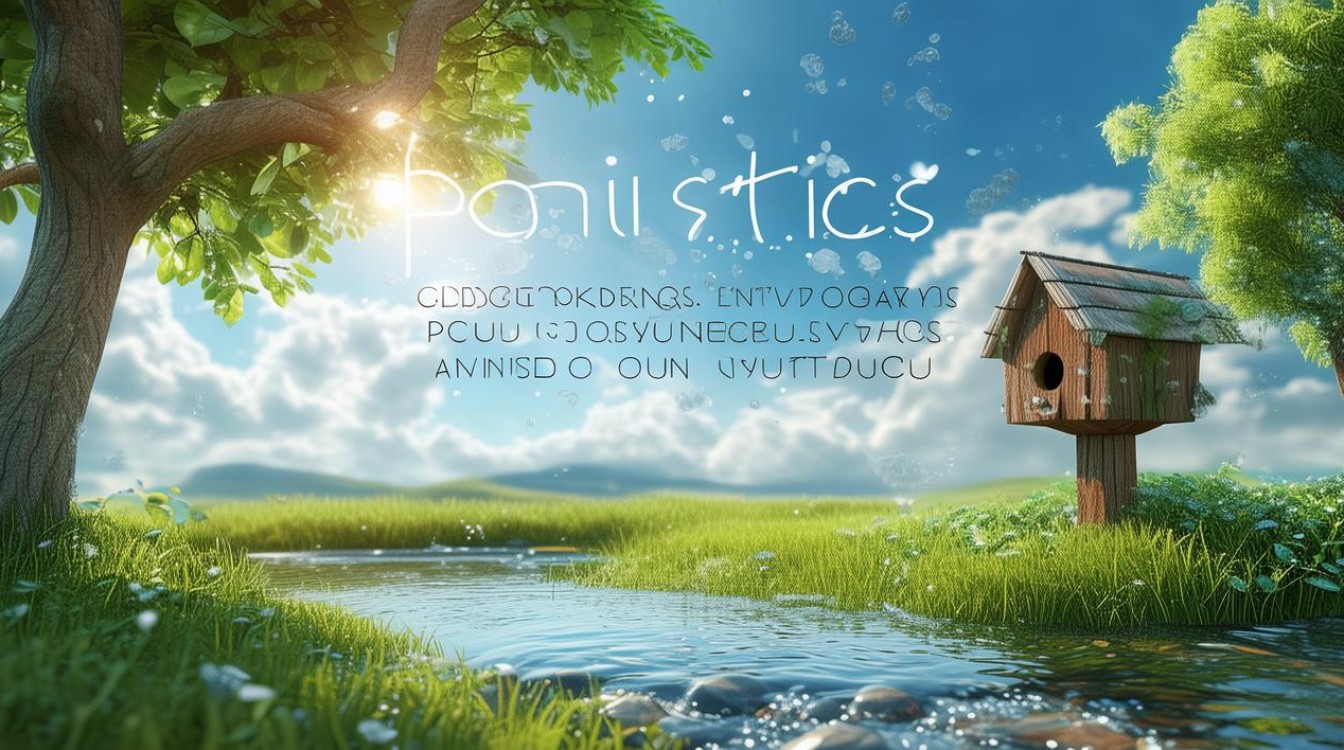在英语学习中,表达肯定和赞同的词汇非常丰富,掌握这些单词和短语不仅能提升口语和写作的流畅度,还能让表达更加自然,本文将详细介绍常见的肯定英文单词及其用法,帮助你在不同场合准确传达积极态度。

基础肯定词汇
Yes
“Yes”是最基础的肯定词,适用于几乎所有需要简单回应的场合。
- A: Can you help me?
- B: Yes, of course.
Sure
“Sure”比“Yes”更随意,常用于日常对话,表示欣然同意。
- A: Would you like some coffee?
- B: Sure, thanks!
Absolutely
“Absolutely”强调强烈的肯定,适用于正式或非正式场合。
- A: Do you agree with the proposal?
- B: Absolutely, it’s a great idea.
Definitely
“Definitely”表示明确无误的肯定,常用于强调确定性。
- A: Are you coming to the party?
- B: Definitely, I wouldn’t miss it.
正式场合的肯定表达
在商务或正式交流中,使用更专业的词汇能体现语言素养。
Certainly
“Certainly”比“Yes”更正式,适用于工作或服务场景。
- A: Could you send me the report by tomorrow?
- B: Certainly, I’ll have it ready.
Indeed
“Indeed”表示赞同或强调事实,多用于书面或正式口语。

- A: The results show significant improvement.
- B: Indeed, the data supports that conclusion.
Undoubtedly
“Undoubtedly”表达毫无争议的肯定,适合强调观点。
- A: Is this the best solution?
- B: Undoubtedly, it addresses all key issues.
口语化肯定表达
日常交流中,英语母语者常用更随意的短语表达肯定。
You bet
“You bet”是美式英语中常见的非正式肯定表达。
- A: Can I borrow your pen?
- B: You bet!
No problem
“No problem”表示欣然同意或接受请求。
- A: Thanks for your help.
- B: No problem!
For sure
“For sure”在口语中表示强烈赞同。
- A: Do you think we’ll win?
- B: For sure, our team is the best.
书面语中的高级肯定词汇
在写作或正式演讲中,使用高级词汇能提升表达质量。
Affirmative
“Affirmative”是“Yes”的正式替代词,常见于军事或法律语境。

- A: Is the mission a go?
- B: Affirmative.
Indubitably
“Indubitably”表示毫无怀疑的肯定,多用于学术或文学表达。
- A: Is this theory correct?
- B: Indubitably, the evidence is conclusive.
Unquestionably
“Unquestionably”强调无可争议的肯定。
- A: Is he the best candidate?
- B: Unquestionably, his qualifications are unmatched.
特定语境下的肯定表达
不同场景可能需要不同的肯定方式。
In meetings (会议场景)
- I concur.(我同意。)
- That’s a valid point.(这个观点很有道理。)
In customer service (客服场景)
- Absolutely, we can assist with that.(我们可以帮忙。)
- Certainly, let me check for you.(没问题,我帮您查一下。)
In academic writing (学术写作)
- The findings clearly support…(研究结果明确支持……)
- There is no doubt that…(毫无疑问……)
避免过度使用“Yes”
虽然“Yes”是最常见的肯定词,但过多使用会显得单调,尝试替换为以下表达:
- That’s right.(没错。)
- Exactly.(正是如此。)
- Precisely.(完全正确。)
文化差异与肯定表达
不同英语国家对肯定表达的使用略有差异:
- 英式英语更常用“Quite right”或“Spot on”。
- 美式英语偏爱“You got it”或“Totally”。
- 澳大利亚人可能说“No worries”代替“No problem”。
掌握这些词汇和短语,能让你的英语表达更地道,无论是日常对话、商务沟通还是学术写作,选择合适的肯定词都能提升语言质量,多练习、多观察母语者的用法,自然就能灵活运用。

